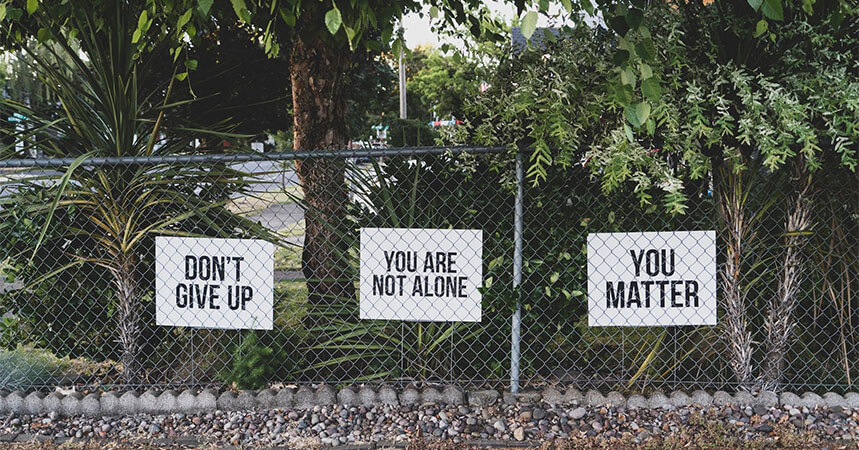Why Do We Yawn?
Yawning, not just humans, but a lot of animals as well do it. In essence, we yawn to take in a big breath of air into our lungs. Most often, we yawn when we are tired or sleepy by the end of the day, or as soon as we wake up in the morning. For years now, yawning has been associated with drowsiness and the body’s signal to fall asleep. However, there is a lot more to yawning than merely being an indicator of sleep. In this article, we focus on why we yawn and the extent of its association to sleep.
What Happens When We Yawn?
Remember that yawning has far more reasons than just sleepiness. Some reasons behind yawning are:
- Yawning helps regulate brain temperature by cooling it down. When your brain is wired and focused, the temperature increases affecting the ability to think rationally. Yawning cools the brain, thereby, increasing alertness and sharpness in cognitive response. Although yawning does not cool the brain directly, it increases blood flow to the brain and its surrounding parts, which in turn strips away the heat from the skull. As a result, the eyes also tend to water when we yawn.
- Scientists also believe that the human body can yawn under stress as well. While it might sound unlikely to yawn before an exam or a job interview, scientists believe that yawning in such cases is the way the body goes from relaxed to extra attentive state. Similarly, if you keep yawning during a boring lecture or some tedious work, it is either the process in which the brain is moving to a lower attentive state or vice-versa.
How Much Yawning is Too Much Yawning?
Now that we know yawning is a natural process for the body to transition into different states based on the situation present in, the next automatic question is – can too much yawning be a sign of illness or symptom of any health ailment? Doctors believe that excessive yawning could be a sign of:
- Stress;
- Migraine;
- Insomnia;
- Sleep Apnea;
- Anxiety;
- Side effects of medication;
- Epilepsy;
- Head injury.
Keep track of how often you yawn and if it occurs continuously, it is perhaps best to get a doctor’s consultation.
Why is Yawning Contagious?
Studies suggest that yawning after seeing someone next to your yawn is a sign of compassion and empathy. Consequently, the study suggests that yawning is contagious amongst friends and family as it denotes a higher level of social cognition when compared to strangers.
Can You Stop Yourself from Yawning So Much?
A single yawn is always ignored. But, what about the series of yawns amidst some important situation, can it be stopped? Yes, you can stop yawning by doing the following:
- Try to move to a cooler temperature. By letting your body cool, the body’s requirement to yawn reduces.
- Get up and move around. As yawning can be a way of increasing alertness, moving around a little can achieve the same result.
- Most importantly, breathe in heavily. Instead of taking in a big breath of oxygen through your mouth while yawning, consciously take in deep breaths through your nose to increase the oxygen supply gradually.
To conclude, yawning is not always a sign of feeling sleepy. It denotes more than just wanting to hit the bed. If you feel guilty about yawning in a meeting, now you know that it’s a way your brain is increasing attentiveness!












